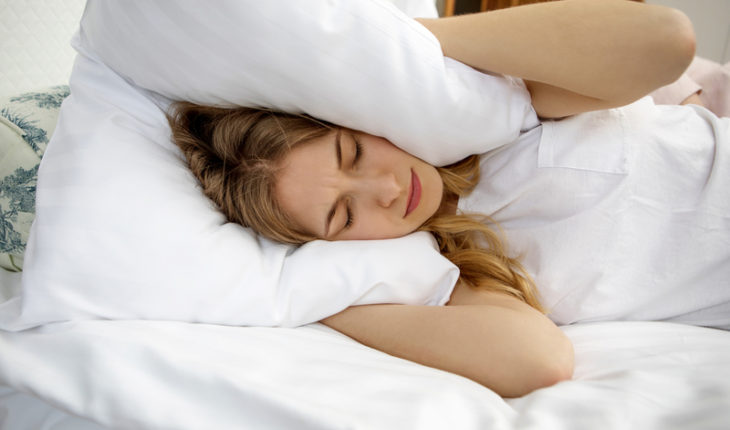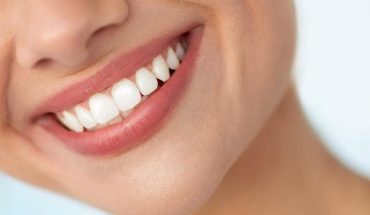Do you toss and turn at night, struggling to find a comfortable position? Or perhaps you find yourself staring at the ceiling for hours every night, unable to calm your thoughts, slow your mind, relax, and finally fall asleep. AT some point, we have all struggled with sleep issues that prevent us from getting the rest that we need to function properly. Trying to fix sleep issues can be a challenge, especially when you aren’t exactly sure what is causing your sleep issues in the first place. Here are three possible causes for your sleep issues, and what you can do to try and overcome them for restful sleep.
Diet Habits
The first possible cause for your sleep issues could be your diet habits. Your diet comprises the entire set of what you eat, when you eat, and how you eat, all of which impacts how you sleep. Certain foods, like sugars and saturated fats, have been linked to lighter, less restful, and shorter sleep. In the same vein, eating things like high-protein meals or snacks before bed can also cause issues, due to the long time it takes to digest protein. Make sure that you are focusing on eating foods that promote sleep and avoid eating a high protein meal less than two hours before bed.
Anxiety
Another possible cause for your sleep issues could be untreated anxiety. Anxiety can happen to anyone and affects a lot of people. Anxiety affects about 31% of people at some point during their lives. Anxiety can flood your body with cortisol and adrenaline, which can both send your body into fight or flight mode, upsetting your neurochemicals to keep you alert and ready for action. This can prevent the neurochemicals that influence sleep to take a backseat and leave you feeling wired when it should be time for bed. If you are dealing with anxiety, speaking with a therapist is a great first step.
Caffeine and Alcohol
The final possible cause for your sleep issues might be an overconsumption of caffeine and alcohol. Caffeine can be a great tool to give you a burst of energy to get through the slow middle of the day, but too much caffeine can prevent the adenosine receptors in your brain from telling your body it is time to sleep. On the other hand, alcohol is a depressant that many people find helps them unwind before bed. But alcohol tends to make deep sleep less likely, making your rest less restorative. Cutting down on caffeine and alcohol consumption could be the key to proper sleep.
Nobody likes feeling as though they do not get enough rest. Identifying what is causing your sleep issues is essential to finding a solution that will work. Consider these three possible sources of sleep deprivation as you push for better sleep.
Check out this article on how to feel both full and healthy when you eat!




